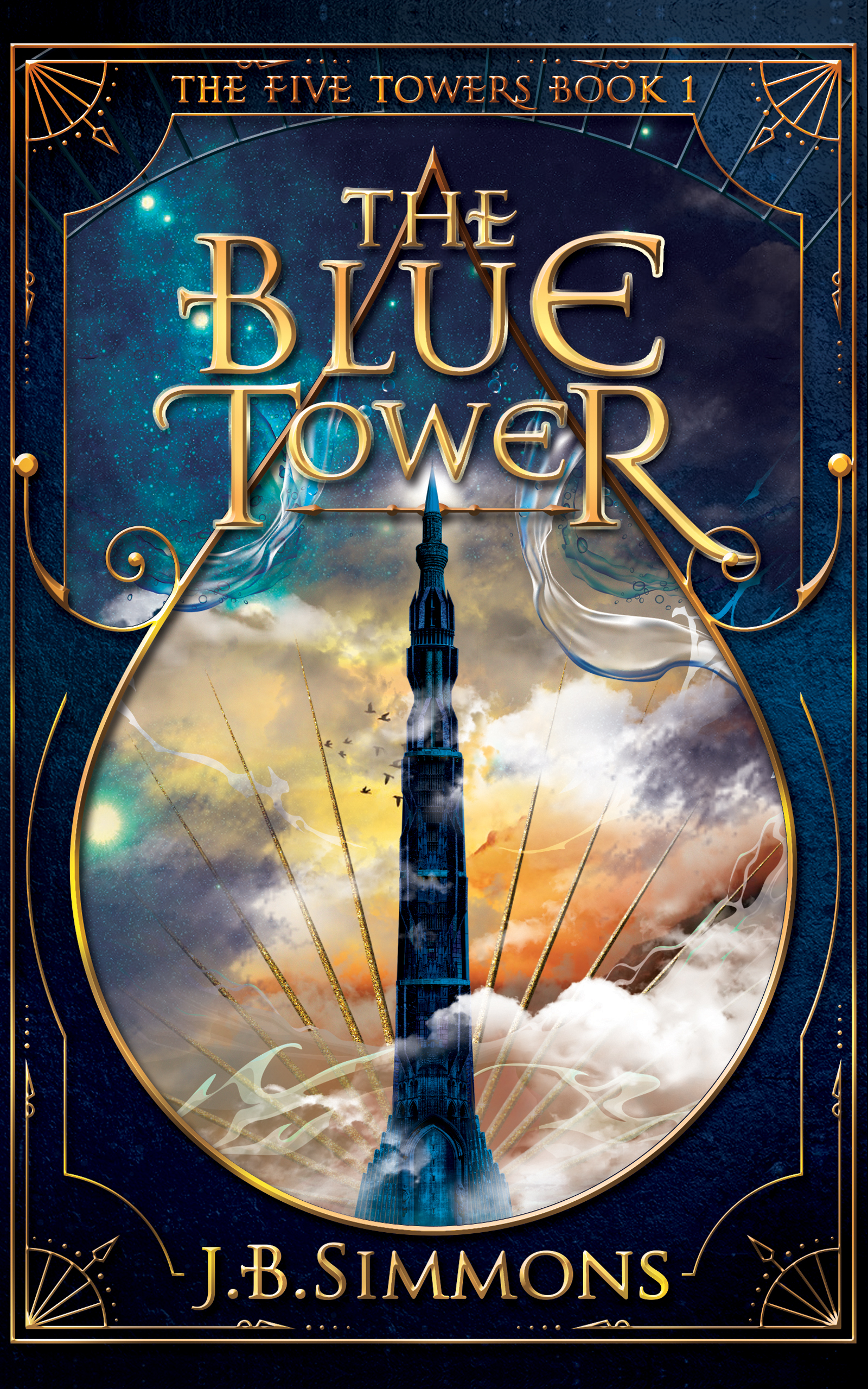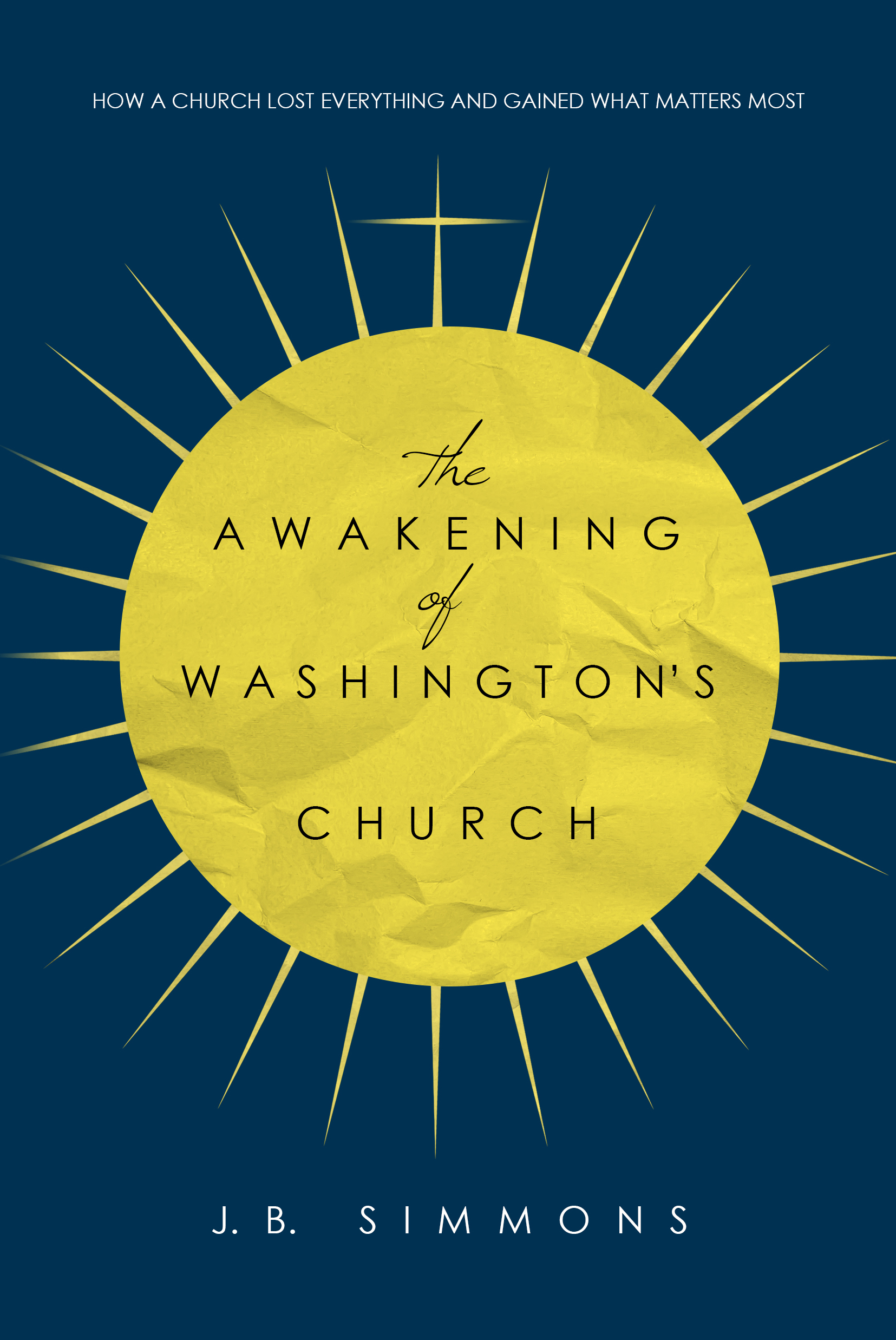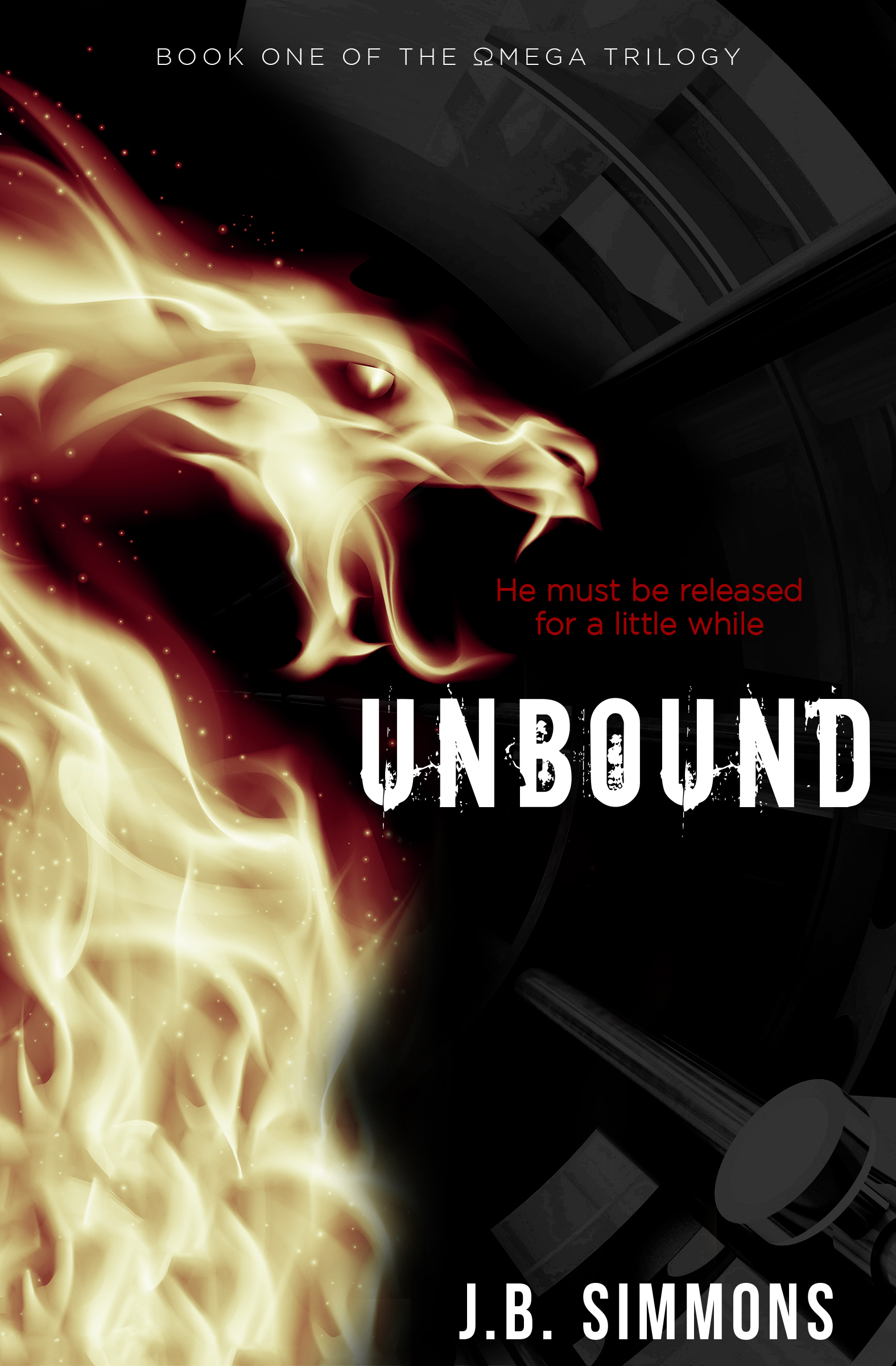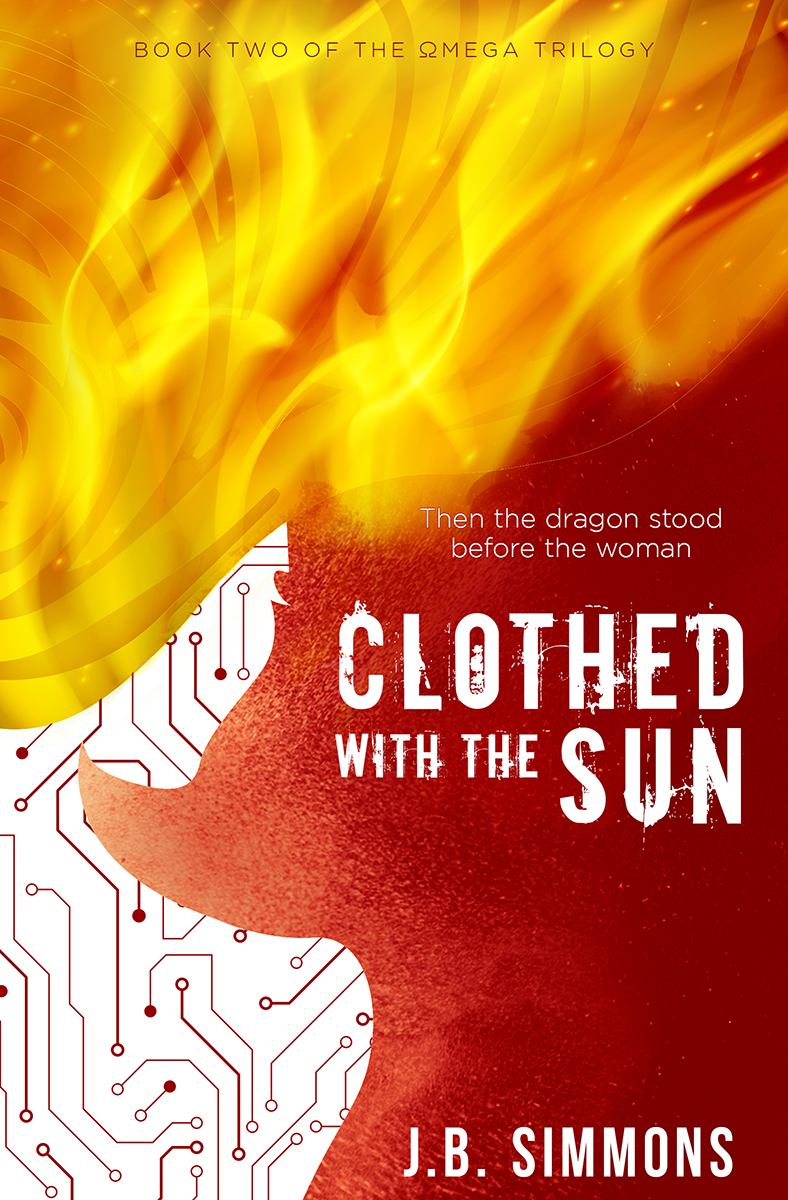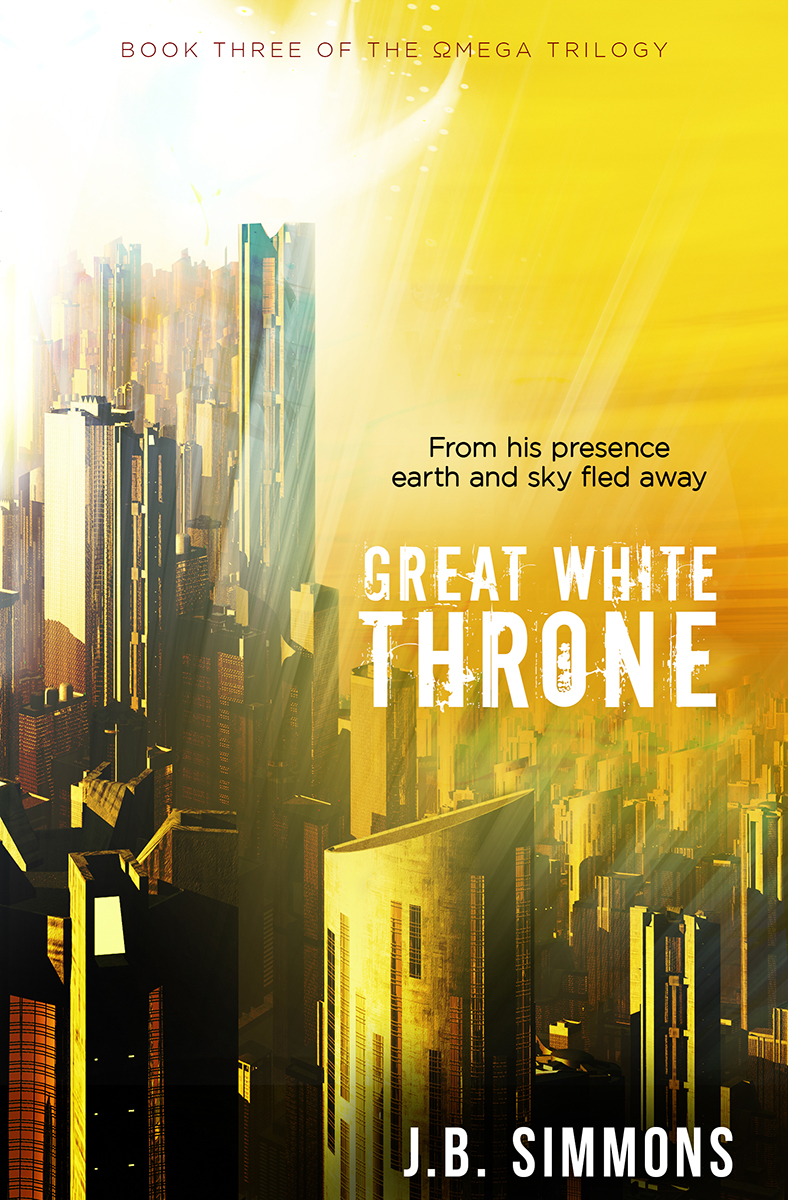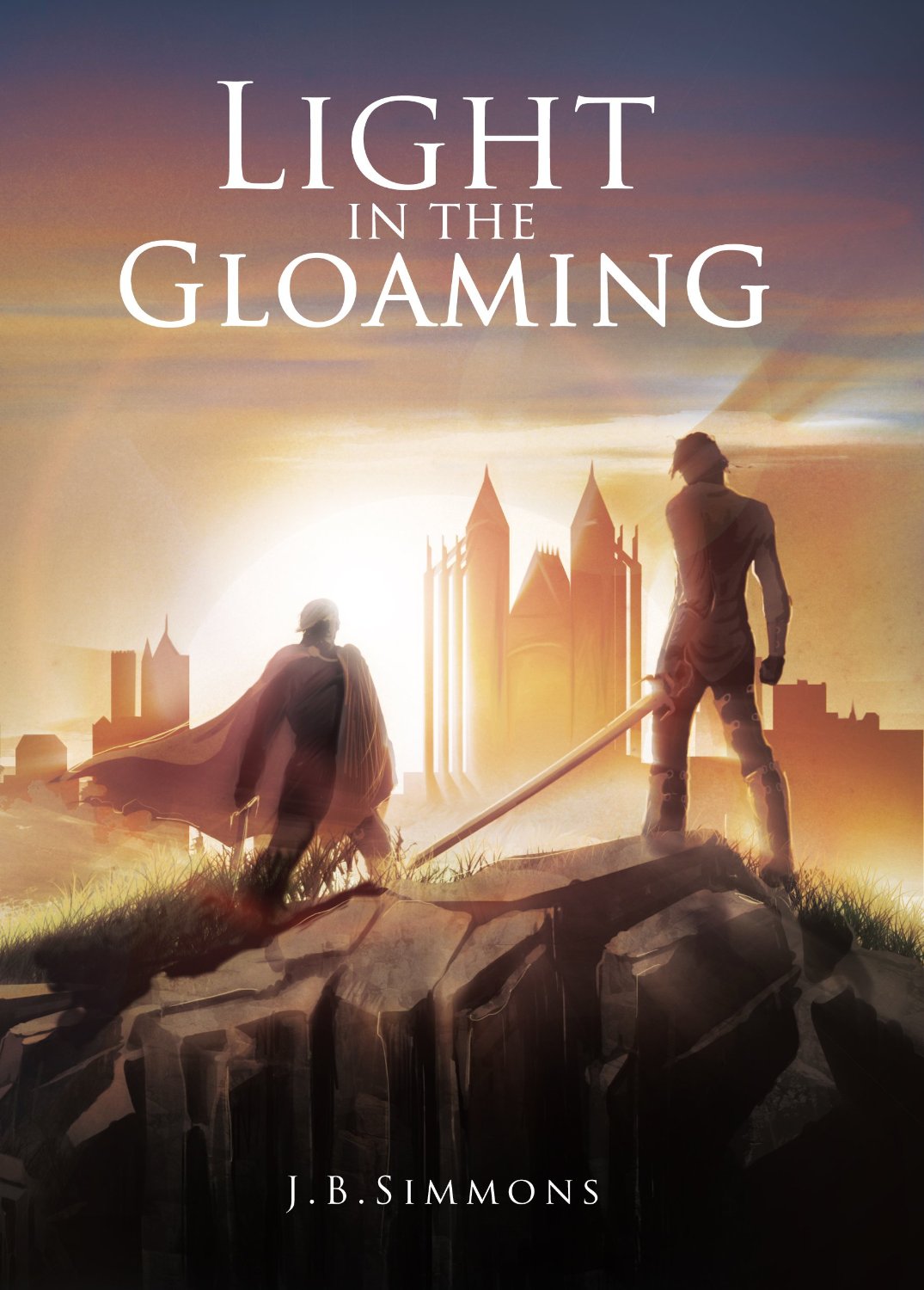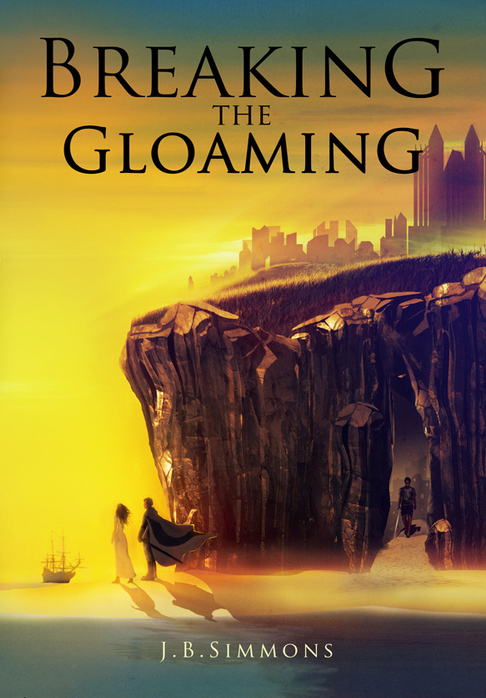Why Books Can Be So Much Better Than Their Movies: Five Examples from Ready Player One
/When I was younger I watched Jurassic Park. I loved it. Then people told me I should read the book, because it was even better. I didn’t believe them. How could a book about dinosaurs be better than actually seeing them, in all their stomping and vicious action? But they were right. I read the book, and it was better. Now I usually try to read a book before I watch its movie.
Ready Player One is the latest example. I read Earnest Cline’s book a couple months before watching Steven Spielberg’s movie. I really enjoyed both, but the major differences surprised me. The book generally fares better with reviewers, averaging 4.6 out of 5 stars on Amazon, while the movie scores 73% on Rotten Tomatoes. And yet, surprise, surprise, Hollywood Reporter says the movie is better. I disagree. Here are the top five reasons why I think the book prevails.
Warning: spoilers below. You can read the headers, but skip the text if you don’t want any hints about Ready Player One.
1. Movies have to open with more of a bang.
The book: Ready Player One starts with a detailed look into the real-world life of the hero, Wade Watts. You also get to see how Wade thinks, as only a book can show. So you know that Wade is poor, laying the groundwork for a rags-to-riches story, but also that Wade is smart and savvy. Then, in the epic quest for Halliday’s egg in the virtual universe of the OASIS, you understand why the contest for the first key can be won by someone with few resources, but lots of brains. It makes you root for the underdog.
The movie: You get to glimpse the “stacks” of trailer homes where Wade lives, but you don’t get to soak in them in any meaningful way. Instead the movie cuts very quickly to the first key contest. And instead of a 1980s video game that only a nerd could win, there’s a fast-paced car race. It’s not nearly as credible that the hero would have such an advantage in figuring out how to win it. Even Hollywood Reporter admits this:
Ironically enough, while the switch from Joust tournament to car race can easily be understood on a superficial level, the way in which it is done introduces one of the film’s biggest flaws — treating Wade Watts as a “chosen one” without really making a case as to what makes him so supposedly special. The film improves upon the novel in several regards, but in doing so also accidentally managed to create a hole that wasn’t there before.
2. Books provide more insights into the world, and into yourself.
The book: The challenges that the hero, Wade Watts, faces are described in the first-person perspective, making you as the reader understand and feel exactly what it would be like to become consumed in a virtual world, the OASIS. For example, the book shows Wade shaving his entire body, using exercise machines, and living in a blacked-out apartment. That’s powerful stuff that the movie glosses over.
The movie: It shows the virtual world in glory and ends with the same punch line: “only the real world is…real.” But there isn’t time or space in the movie to develop the same details about what an immersive virtual world would actually entail. The book instills due fear of this harrowing future.
3. Books let the tension build longer and rise higher.
The book: One of the best things about Cline’s book is the tension between the virtual world, the OASIS, and the real world. The way this tension escalates best is that the hero has no idea who his friends in the OASIS are in the real world until close to the end. This ups the suspense for the reader, because you’re desperate to know what will happen when they meet. This makes the climax much more exciting and satisfying.
The movie: The OASIS characters meet each other much earlier, around the half-way point. It’s still a good moment, but it doesn’t pack nearly the same punch. I understand why it was done, because of other changes in the story for the movie, but the book let the tension escalate by holding out the climactic moment so long.
4. Books allow more characters, in more detail.
The book: A major subplot is that the OASIS co-creators had an important friendship. This comes to bear at the end when the living co-creator helps the hero and his team escape the bad guy corporation and win the egg. It makes the redemption of this co-creator far more credible and moving.
The movie: The co-creator swoops in only at the end, more unexpectedly, and it rings a bit hollow. There’s an attempt to create a link back to another character in the movie, but after the book, it feels contrived. Subplots don’t hold up so well in movies.
5. Books let your own mind produce the visuals.
The book: Visualizing the OASIS is fun. It is an open-ended virtual Neverland, where anything is possible. The virtual world encompasses universes and cities and alternate realities. Parallel worlds are much easier to describe than to show.
The movie: The visuals can’t really be faulted. They are about as spectacular as they can be, CGI in all its glorious forms, but it still doesn’t rival the mind’s eye. In fact, I bet that much of the movie’s disappointing reviews come from viewers not engaging as much with the OASIS portions because they rely so much on CGI rather than real-life actors and actresses.
* * *
Even if you only watch Ready Player One, that’s still great. You can be grateful for the wonderful concepts in the book, and you get the core story in 2 hours instead of many more. The movie reaches so many more people that way, and that by itself encourages more books that expand our vision of the world and where it’s headed. So bravo to Spielberg, even if the author won this round.
Groundwork is being laid for my own book, Unbound, to become a movie someday. I sure hope it does. But even if that awesomeness happens, I hope I’ll be able to say the same thing as I do about Ready Player One and Jurassic Park: read the book before you see the movie. And if you see the movie first, still check out the book. You’ll be glad you did.
Are you with me? What other books beat their movies, or vice versa?



